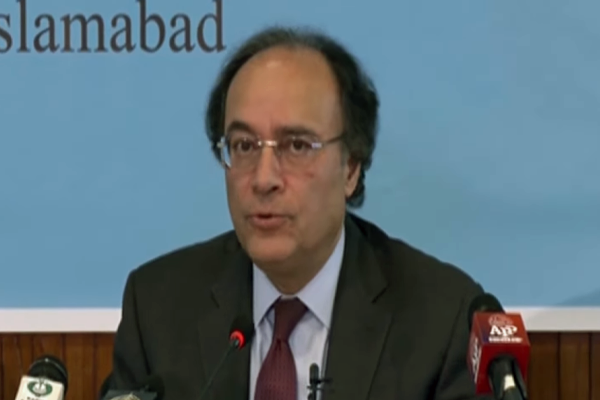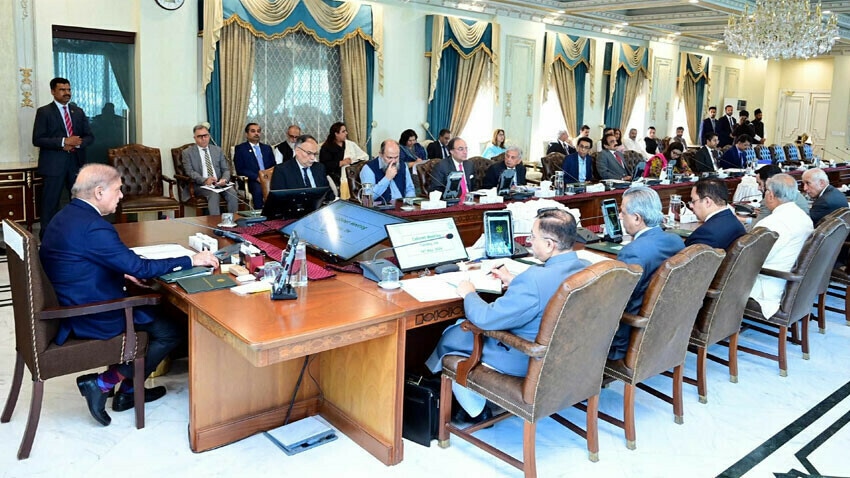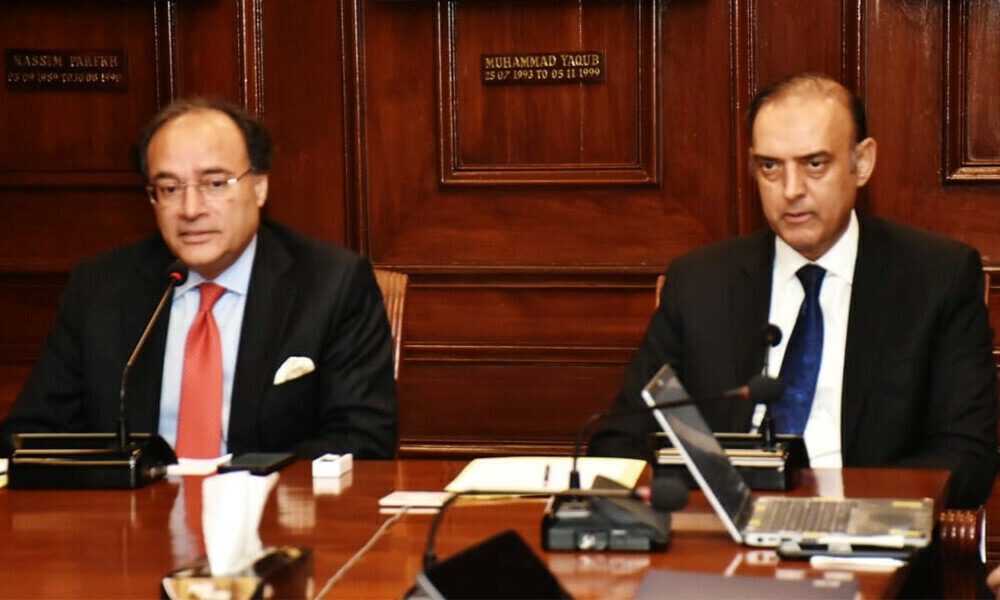PTBP Web Desk
A new investigative report published by The Economist, one of the world’s most respected British magazines, has reignited debate over the relationship between political power, spiritual authority, and governance in Pakistan. According to the detailed report authored by senior journalists Owen Bennett and Bushra Taskeen, Bushra Bibi — the wife of Pakistan Tehreek-e-Insaf (PTI) founder and former prime minister Imran Khan — allegedly played a significant political and spiritual role in shaping key government decisions throughout Khan’s tenure.
The report’s findings have sparked fresh controversy in Pakistan’s already fractured political landscape, with questions being raised about the extent of Bushra Bibi’s influence, the nature of decision-making inside the Prime Minister’s Office, and the blurred lines between governance and spiritual guidance.
According to The Economist’s investigation, Bushra Bibi’s influence extended well beyond the private sphere. The report alleges that she played a role in major political appointments, postings, and policy decisions, often providing what was described as “spiritual guidance” to Imran Khan during critical phases of his government.
The authors note that Imran Khan’s reliance on Bushra Bibi was not merely emotional or personal. Instead, the report suggests that his political decision-making was frequently shaped by spiritual advice — a claim that has long been part of political speculation in Pakistan but rarely documented by an international publication of this stature.
Opponents of the former prime minister have repeatedly accused Bushra Bibi of guiding important government decisions based on visions, dreams, and astrological beliefs. These allegations, although vigorously rejected by PTI supporters, have circulated widely in Pakistan’s political discourse. Critics argue that such influence undermines democratic processes, while supporters insist that spiritual guidance is a private matter and not evidence of political manipulation.
While political rivals have described her involvement as interference, Khan’s supporters — particularly those with strong spiritual leanings — saw Bushra Bibi as a mentor-like figure offering counsel during turbulent political moments. For many within PTI, Bushra Bibi’s presence was considered stabilizing, especially during the intense pressure Khan faced from both political opponents and the establishment.
The Economist report states that Imran Khan, who has long expressed admiration for Sufi teachings, believed that marrying Bushra Bibi — whom he considered his spiritual guide — would help him navigate the difficult path toward becoming prime minister. The report suggests that this belief shaped not only his personal life but also his political strategy, creating a unique fusion of spirituality and governance.
One of the most striking revelations in The Economist report concerns claims of spiritual rituals inside the Prime Minister’s House. According to the investigation, household staff were at times required to procure items for Bushra Bibi’s “spiritual operations,” though the report does not specify the nature of these activities.
In a separate alleged incident, The Economist states that the prime minister’s aircraft was once prevented from taking off until Bushra Bibi granted approval. While PTI sources have historically dismissed such claims as political propaganda, the report has revived the controversy, prompting renewed public debate.
The magazine also points to instances where Bushra Bibi’s perceived spiritual and political clout was reportedly taken into consideration during high-level policy decisions and key government appointments. Although the full extent of this influence remains unclear, The Economist emphasizes that it added another layer of complexity to Pakistan’s already sensitive power dynamics.
Pakistan’s civil–military relationship has long been a central factor in the country’s political stability. According to The Economist, Bushra Bibi’s alleged influence contributed to growing tensions between Imran Khan’s government and the military establishment, particularly during the final years of his administration.
The report claims that certain decisions influenced by spiritual considerations were viewed with suspicion by the military leadership. These disagreements reportedly became more pronounced as political pressure on Khan increased, leading to friction that eventually widened Pakistan’s governance crisis.
PTI has consistently argued that its government was undermined by external forces, while opponents maintain that internal mismanagement and reliance on non-political influences contributed to its downfall. The Economist report adds to this debate by suggesting that Bushra Bibi’s advisory role remained a persistent point of contention.
Pakistan continues to navigate a turbulent political environment marked by polarization, judicial battles, and institutional tensions. The allegations surrounding Bushra Bibi’s influence — once dismissed as political gossip — have now been amplified by a prestigious international publication, prompting renewed scrutiny.
As Imran Khan remains incarcerated and PTI faces mounting political challenges, the report’s findings have the potential to influence ongoing debates over governance, transparency, and the role of unelected individuals in state affairs.




